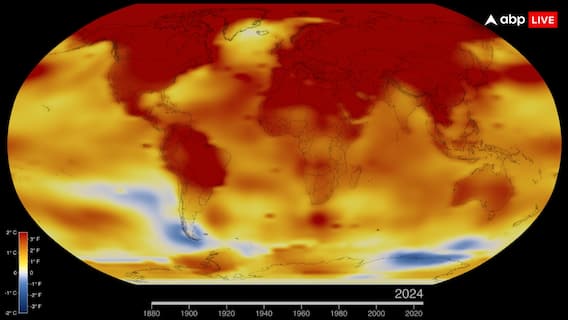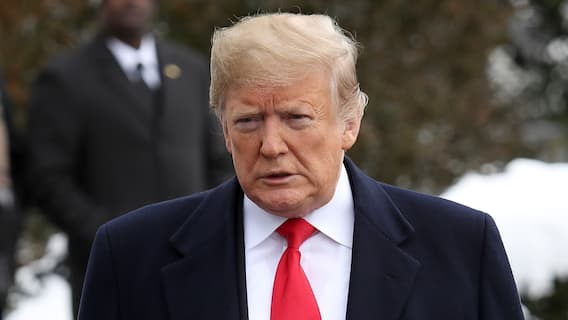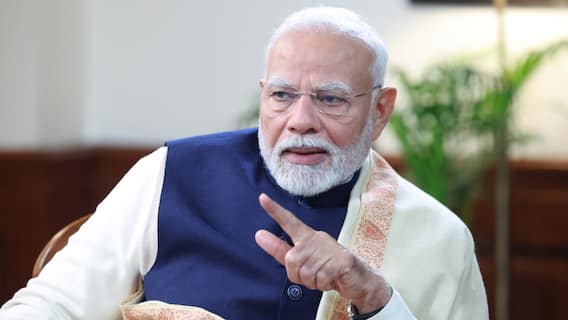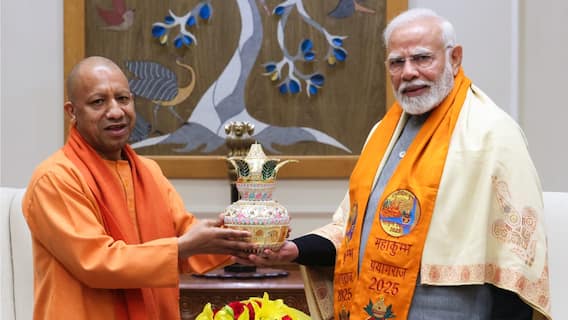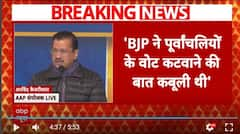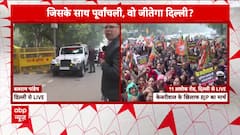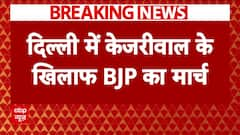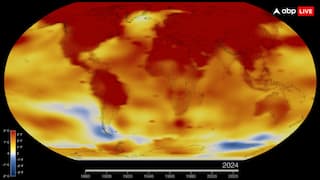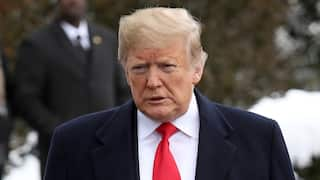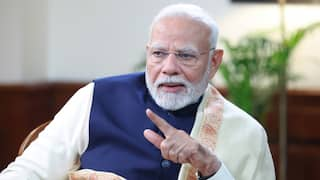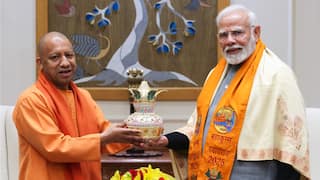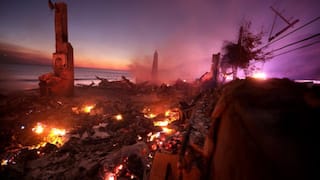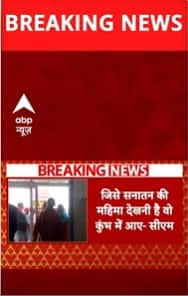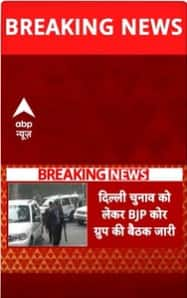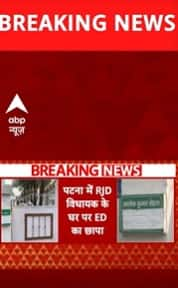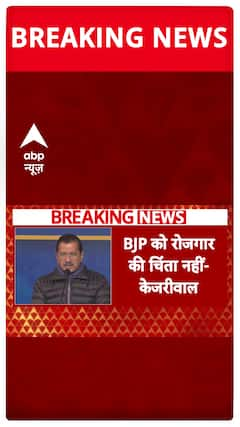'Look Beyond Political Interests': Former WHO Officials, Academics On SEARO Regional Director Election
A group of 15 distinguished global health experts urged the WHO SEARO member countries to "go beyond bilateral promises and political interests" while selecting the next Regional Director.

A group of 15 distinguished global health experts, including former United Nations officials, public health practitioners, and health rights activists, have issued an open letter urging the Member Governments of the World Health Organization (WHO) South-East Asia Region (SEARO) to make a conscientious and informed choice when selecting the next Regional Director for the SEARO. The experts urged nations to avoid "narrow political manoeuvering" and "go beyond bilateral promises and political interests" while making conscience-driven choices.
The SEARO is convening in New Delhi for the critical task of nominating the next Regional Director, and the experts are emphasising the significance of this decision. The letter highlighted the profound implications that this decision holds, not only for health policies within the South-East Asia Region but also for global health policies and practices.
"The decision will have major implications for health policies across the South East Asia Region, home to 26% of the world's population. The region has the highest burden of tuberculosis (TB) in the world accounting for 46% of the global number of new TB cases. The Region also has the highest number of NCD-related deaths in the world, accounting for more than 8.5 million deaths annually," the letter by former WHO officials and academics read.
The open letter underscored that choosing a competent and experienced leader for the WHO SEARO Regional Director position is a "matter of life and death" for millions of people within the region. The South-East Asia Region is not just a passive recipient of global health interventions, it also plays a pivotal role in the global health ecosystem. As suppliers of pharmaceutical ingredients, generic drugs, and vaccines, the nations in this region hold significant sway over global markets for health products, the experts stressed.
"In this context, it is imperative to avoid the narrow political manoeuvering and think of a stronger WHO that can work for all the countries and go beyond bilateral promises and political interests. And ensure the appointment of a candidate who can make WHO stronger and work for ‘One WHO’ to fulfil its mandate of allegiance to science , neutrality and good management," the group of experts emphasised.
They urged the representatives of WHO SEARO Member Governments to ensure the selection of a Regional Director with the leadership and management skills required to oversee the vast network of WHO offices across the region, substantial staff, and a substantial budget. The expert group asserted that the organisation needs a Regional Director with the right professional credentials rooted in genuine experience, profound technical knowledge, and neutrality to serve all individuals in the region without bias.
The experts believe that failing to make this crucial appointment would be a grave oversight, contradicting the lessons learned during the challenging COVID-19 pandemic and hindering the region's ability to respond effectively to future threats.
ALSO READ | Fight For WHO Post Heats Up Between Bangladesh And Nepal Ahead Of Nov 1 Election In India
Geopolitical Considerations in WHO SEARO Regional Director Selection
India, Bangladesh, and Nepal are on the brink of a geopolitical challenge as the Regional Committee of the WHO South-East Asia Region prepares to vote for the next Regional Director. The selection process began on October 30 and will go on till November 2 in New Delhi. It is strategically crucial for India, especially as Dhaka and Kathmandu engage in a faceoff over the candidates.
The candidates, Saima Wazed nominated by Bangladesh and Shambhu Prasad Acharya nominated by Nepal, were forwarded by WHO Director-General Dr. Tedros Adhanom Ghebreyesus to member states on August 18. Saima Wazed is the daughter of Bangladesh's Prime Minister Sheikh Hasina, while Shambhu Prasad Acharya is a top WHO official.
This nomination has assumed a political hue, as Saima Wazed's family connections with the Prime Minister of Bangladesh are perceived as influential. Given the amicable relationship between the Bangladeshi Prime Minister and Prime Minister Narendra Modi, Nepal is concerned that India's vote may not favour their candidate, Acharya, who is a public health specialist, according to diplomatic sources.
This decision will serve as a litmus test for India's "Neighbourhood First" policy. India, alongside 10 other countries, will participate in the vote to elect the next Regional Director of WHO SEAR, including Bangladesh, Bhutan, North Korea, Indonesia, Maldives, Myanmar, Nepal, Sri Lanka, Thailand, and Timor-Leste.
Sources indicate that Saima Wazed is more likely to be favoured by India due to the strategic closeness between New Delhi and Dhaka, while Kathmandu is actively mobilising its diplomatic channels to secure India's vote for their candidate. The experts' open letter urging for a competent leader is the context of this diplomatic tussle.
The letter includes 15 signatories such as Dr Swarup Sarkar, former Director of WHO SEARO; Kul Chandra Gautam, Former Assistant Secretary-General of United Nations & Deputy Executive Director of UNICEF; K. Sujatha Rao, former Union Health Secretary, Government of India; Prof. Dr. Rita Thapa, Former Program Director, WHO SEARO, among others.
Subscribe And Follow ABP Live On Telegram: https://t.me/officialabplive
Check out below Health Tools-
Calculate Your Body Mass Index ( BMI )
Trending News
Top Headlines






